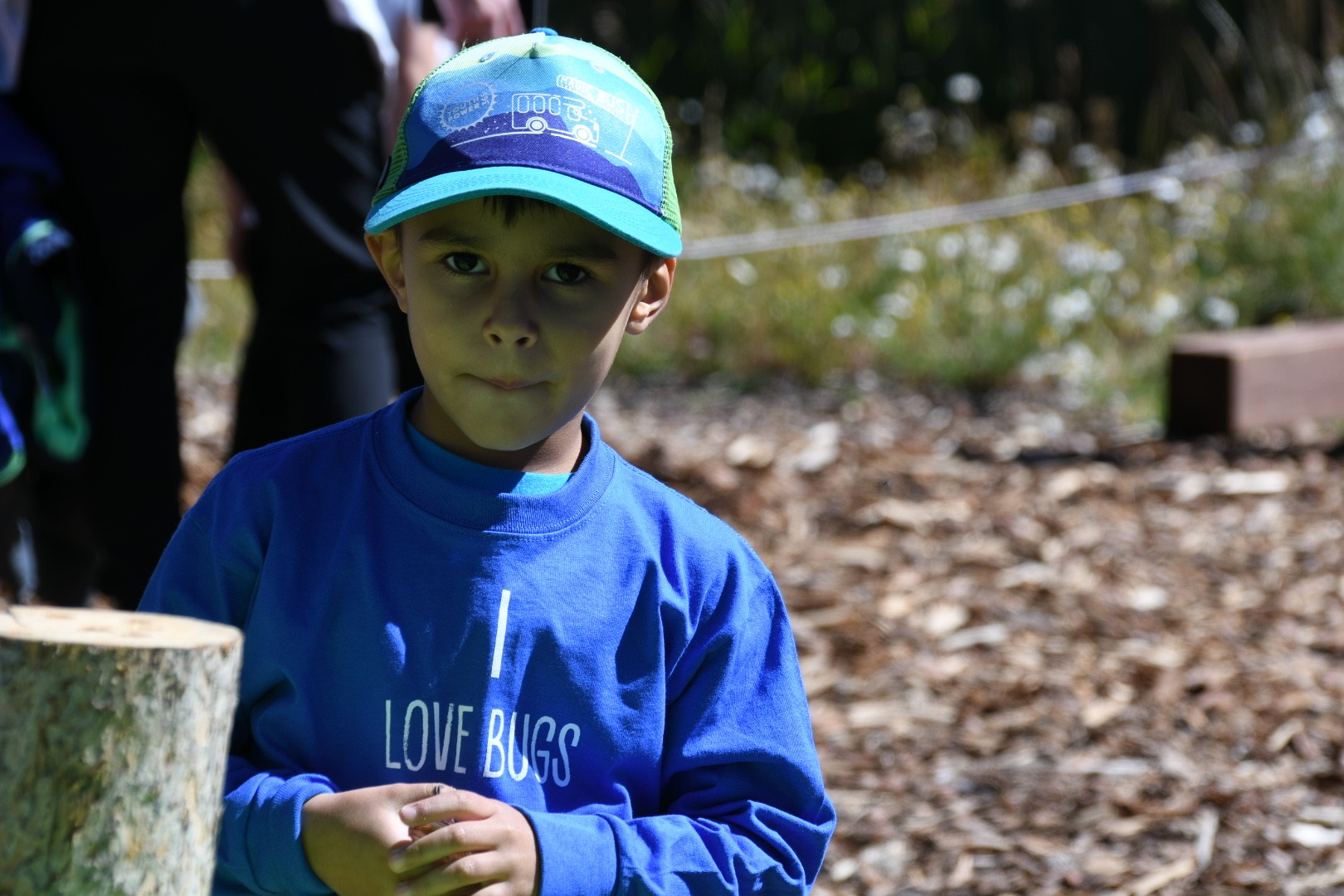Observation and Exploration Challenges:
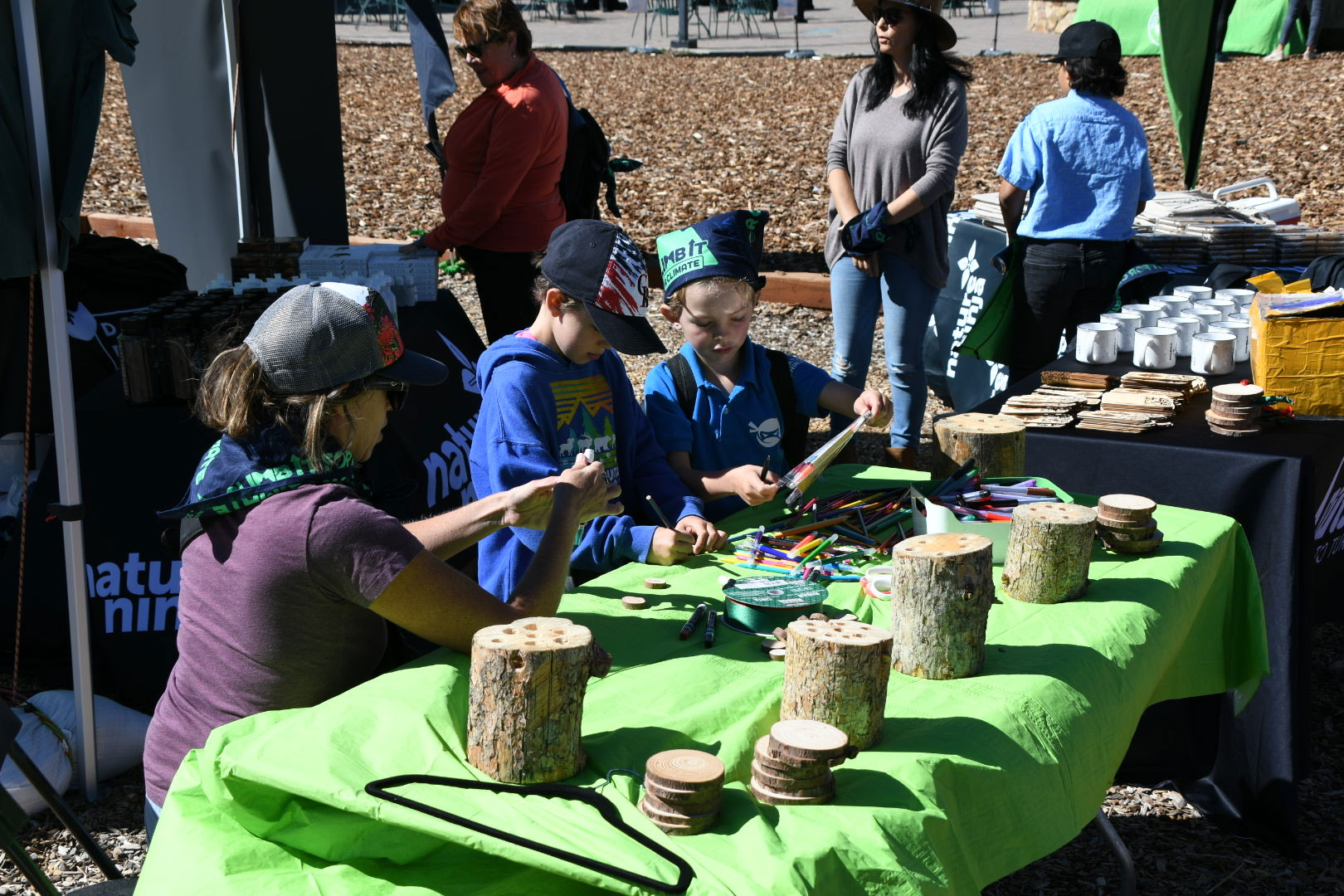
Nature Creativity Challenges:
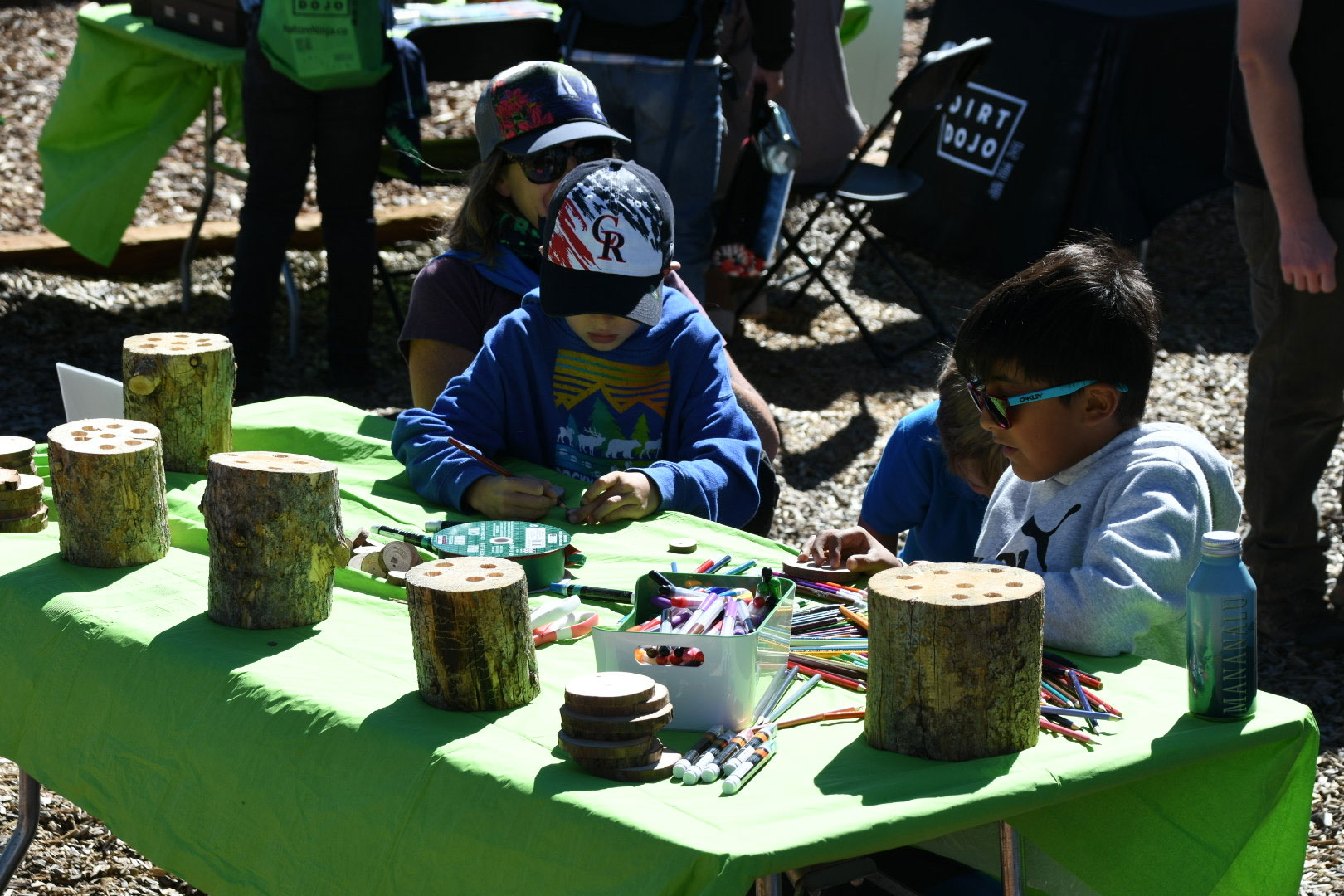
Sensory Experiences:

Scientific Exploration:
- Conduct a simple water quality test in a stream or pond.
- Collect and observe pond water under a microscope.
- Study the life cycle of a butterfly or frog.
- Create a weather diary and record daily observations.
- Investigate soil types and composition in different areas.

Survival Skills Challenges:
- Learn how to tie basic knots using ropes or vines.
- Practice building a fire safely (under adult supervision).
- Identify edible and inedible plants in your area.
- Learn how to use a compass and follow a simple map.
- Build a shelter using natural materials.
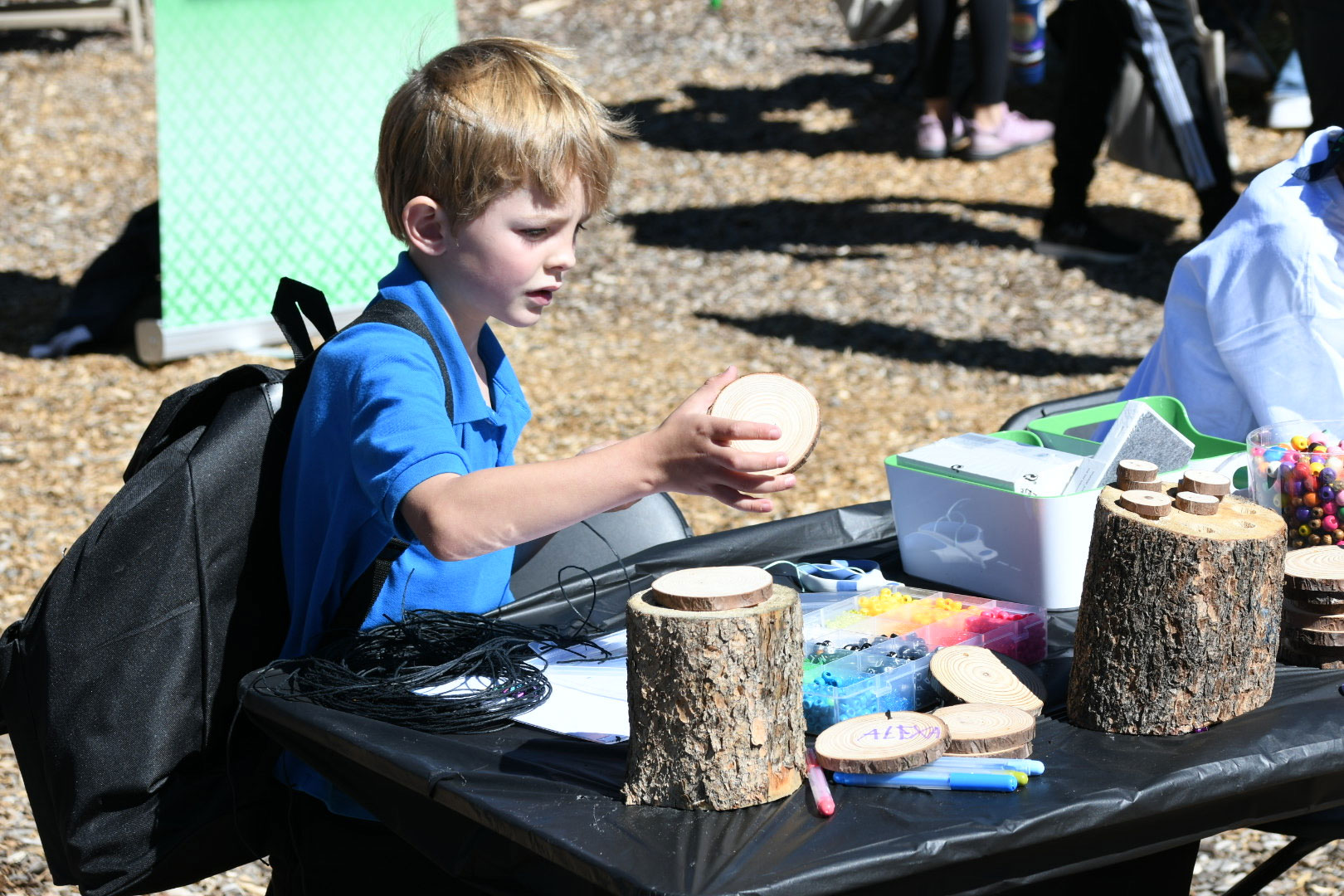
Birdwatching Challenges:
- Create a list of bird species you’ve observed and try to spot new ones.
- Set up a bird feeder in your yard and document visiting birds.
- Try to mimic birdcalls or songs.
- Watch a bird’s nest from a distance and record the parent’s activities.
- Research migration patterns of local birds.

Insect Challenges:
- Observe the behavior of ants in an ant farm.
- Look for and identify different types of butterflies.
- Study the life cycle of a caterpillar as it transforms into a butterfly.
- Catch and release a firefly during the evening.
- Create a habitat for ladybugs and observe their activities.

Nature Conservation Challenges:
- Participate in a local litter cleanup event.
- Plant a tree or wildflowers in a nearby green space.
- Learn about endangered species and how to protect them.
- Reduce, reuse, and recycle items during your outdoor activities.
- Create a “No littering” poster and display it in a public area.

Teamwork and Cooperation Challenges:
- Build a group sculpture using natural materials.
- Collaborate on a nature-themed story or play.
- Work together to create a mini nature museum at home.
- Organize a family or friend nature scavenger hunt.
- Plan and execute a small conservation project with friends.

Nighttime Challenges:
- Go stargazing and identify constellations.
- Listen for and identify nighttime animal sounds.
- Have a campfire and roast marshmallows (under adult supervision).
- Go on a “night hike” using flashlights or lanterns.
- Identify and observe nocturnal animals like owls or bats.

Weather Challenges:
- Track weather changes over a week and create a weather report.
- Build a simple weather vane to measure wind direction.
- Predict the weather based on cloud formations.
- Measure rainfall in different areas during a storm.
- Try to catch a snowflake on a dark-colored piece of cloth.
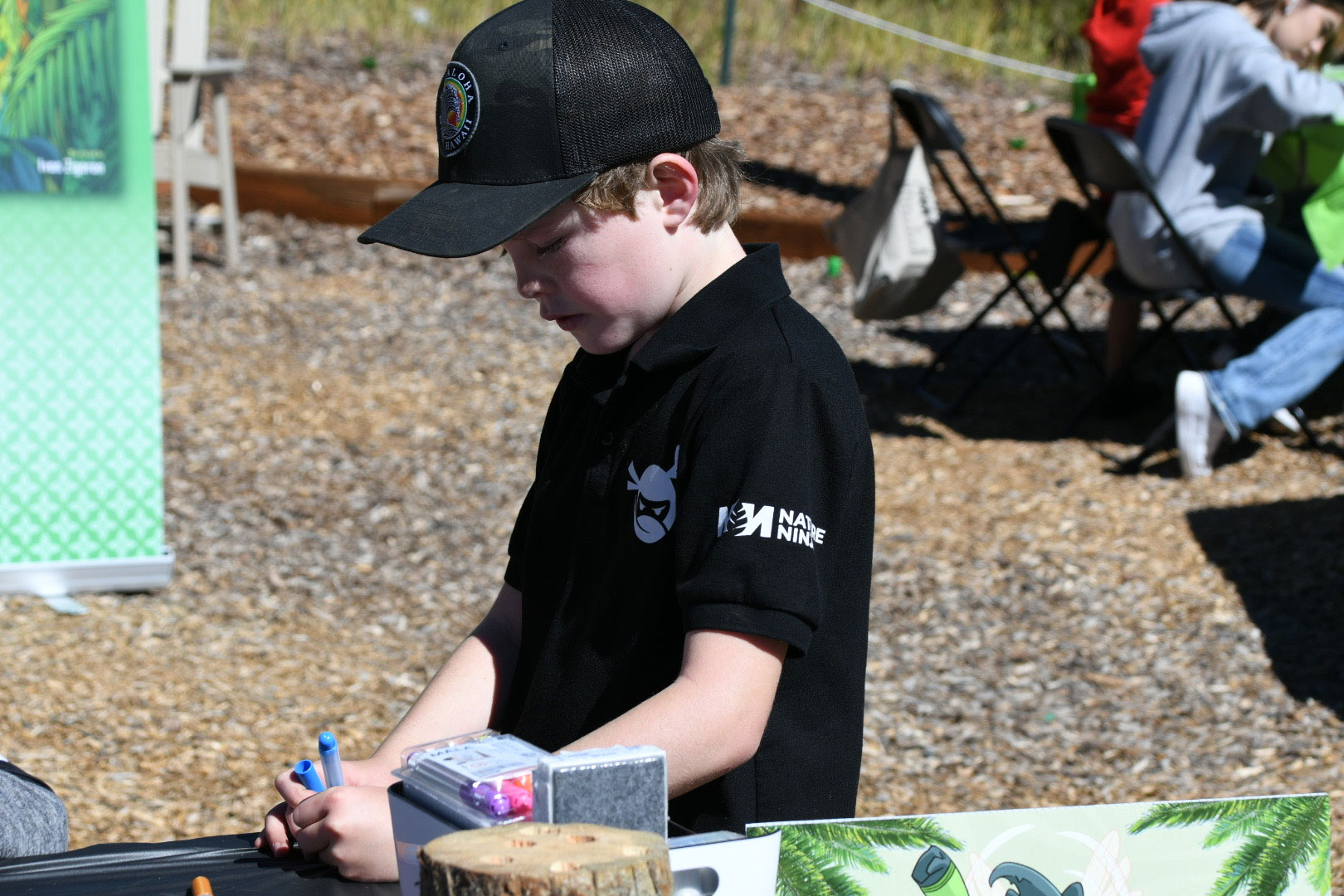
Planting and Growing Challenges:
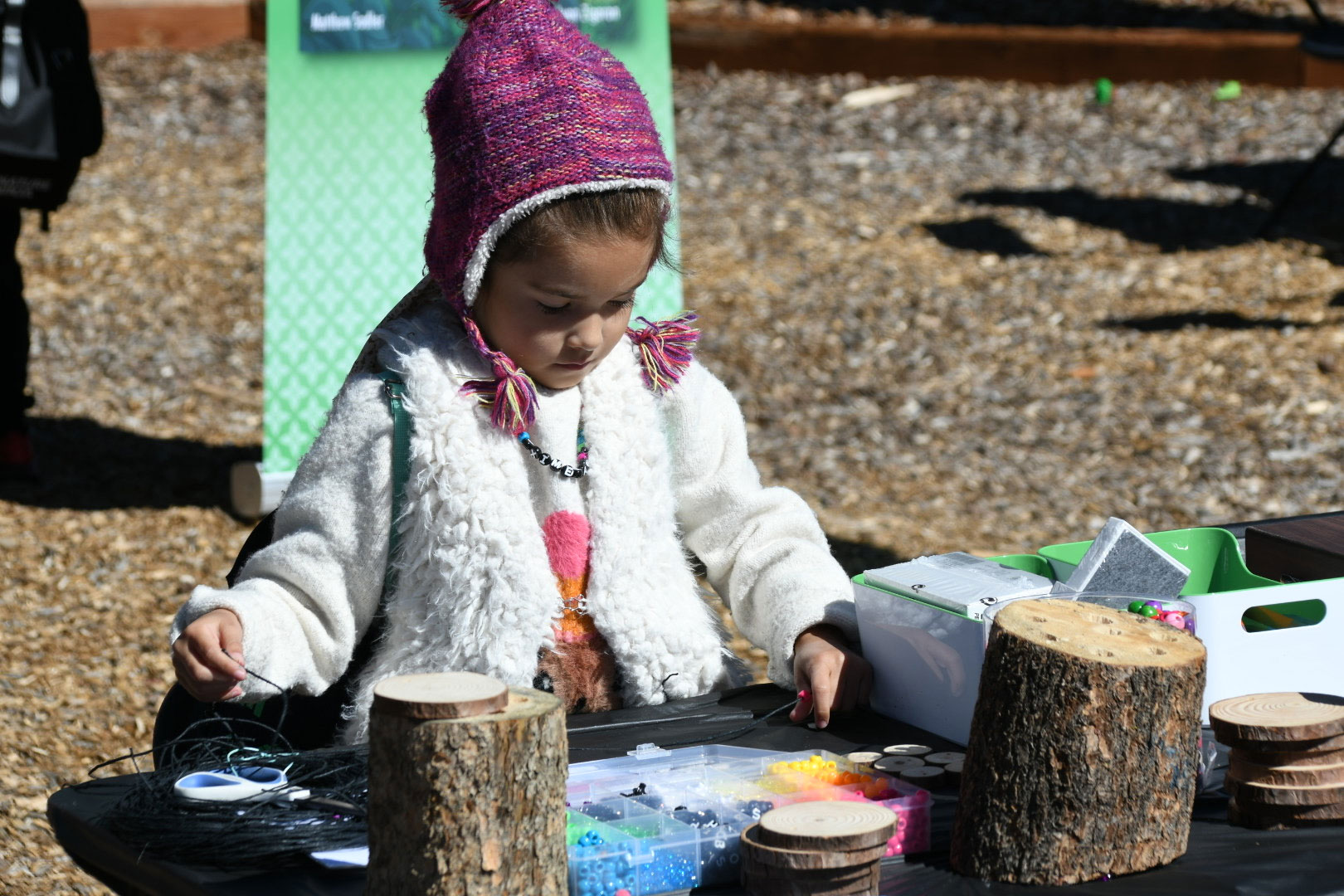
Water Exploration:
- Explore the underwater world by snorkeling or using a mask and snorkel.
- Wade in a stream and observe underwater creatures.
- Float a small boat or leaf downstream and observe its journey.
- Learn to skip stones on a calm lake or pond.
- Investigate underwater rocks and find aquatic insects.
Bird's-Eye View Challenges:
- Climb a hill or tree for a panoramic view of the landscape.
- Use binoculars to observe distant wildlife or bird nests.
- Take photos of nature from a high vantage point.
- Identify landmarks and natural features from a viewpoint.
- Draw a map of what you see from a hill or lookout point.
Navigation and Orienteering Challenges:
- Learn how to use a compass and follow a map.
- Create a simple treasure map and go on a treasure hunt.
- Practice navigation skills by following natural markers.
- Go geocaching and find hidden treasures using GPS coordinates.
- Learn basic orienteering techniques and navigate through a course.

Art and Creativity Challenges:
- Use natural materials to create a temporary land art installation.
- Paint or sketch a landscape or natural object.
- Create a nature-inspired song or music composition.
- Write and perform a short nature-inspired play or skit.
- Craft a nature-themed mobile or wind chimes.

Animal Behavior Challenges:
- Watch a spider spin a web and observe its hunting techniques.
- Set up a birdhouse and monitor nesting behavior.
- Study the behavior of squirrels, chipmunks, or other small mammals.
- Create a nature documentary or video about animal behavior.
- Document the daily routine of a local animal like a rabbit or deer.

Cultural and Historical Challenges:
- Visit a nature reserve or historical site and learn about its significance.
- Research the indigenous cultures and their connection to nature in your area.
- Explore ancient petroglyphs or rock paintings.
- Visit a botanical garden to learn about diverse plant species.
- Volunteer with a local environmental or conservation organization.
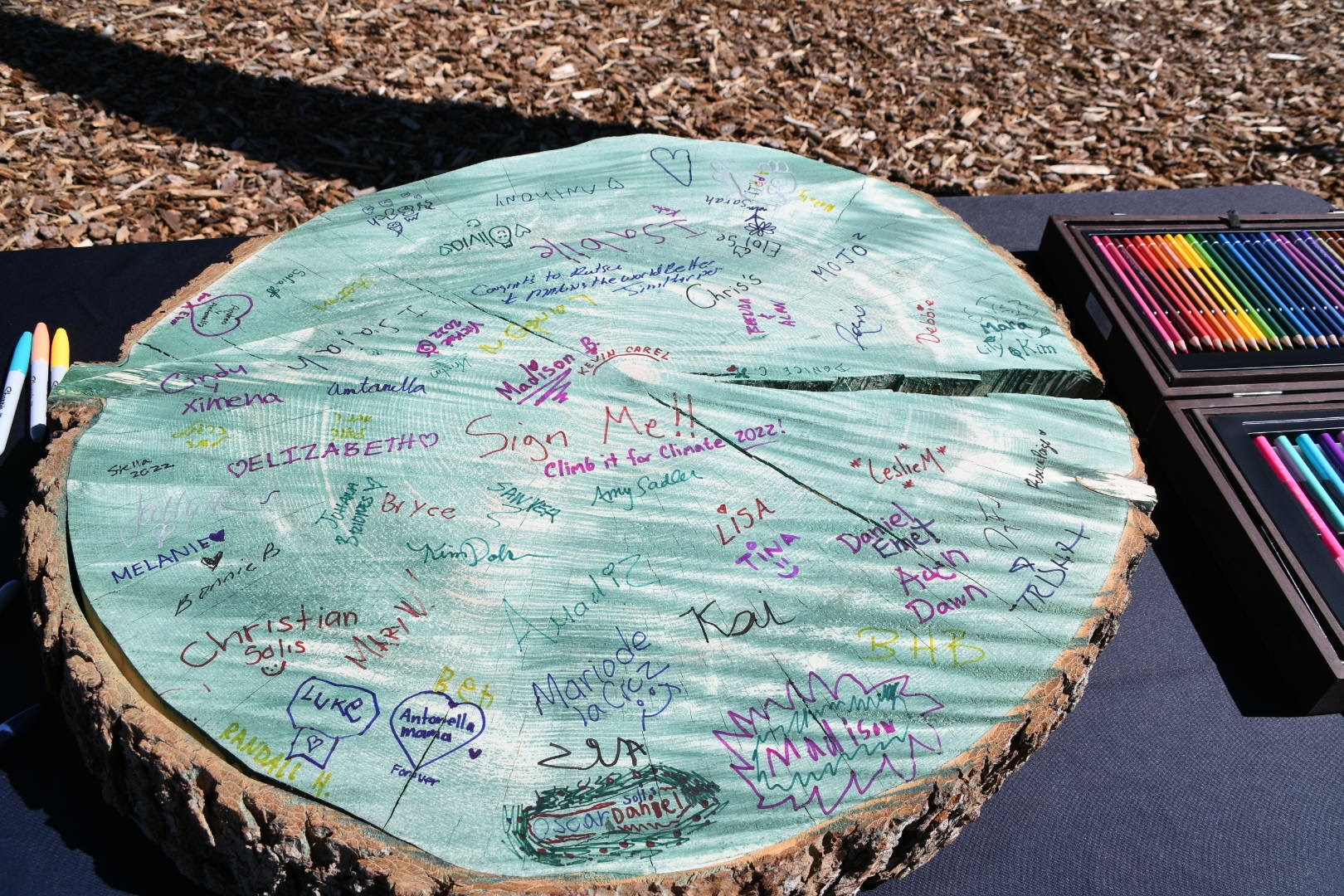
These challenges can help children foster a deep appreciation for nature, develop important skills, and build a strong connection with the natural world around them.
